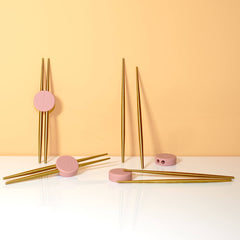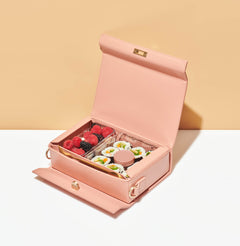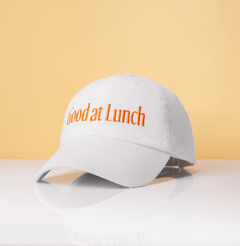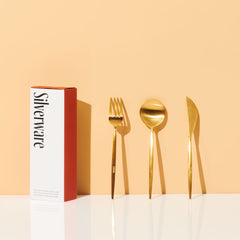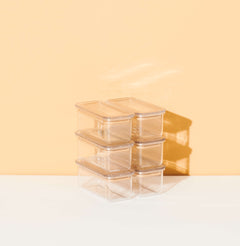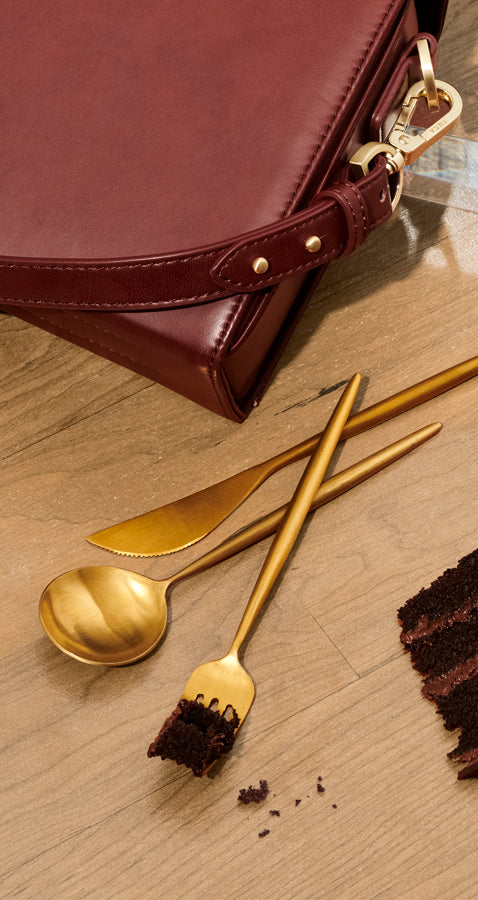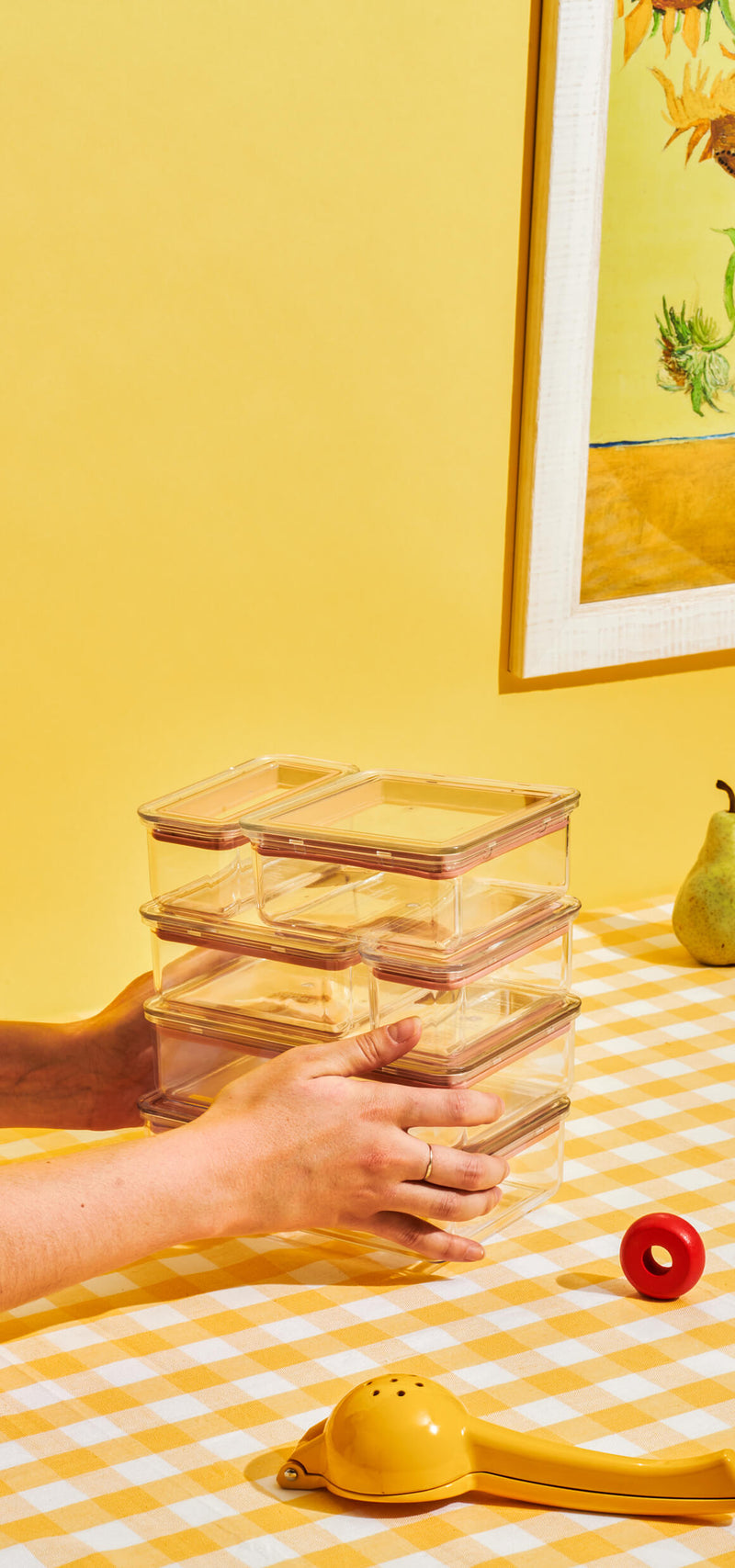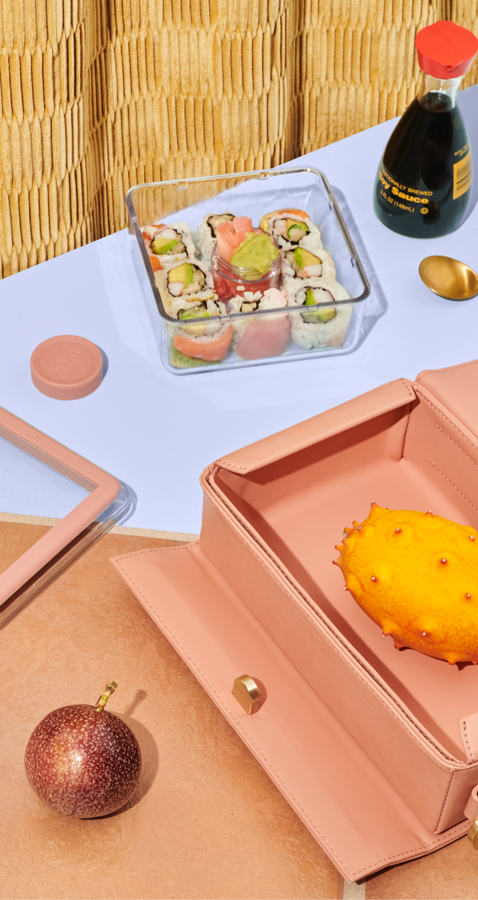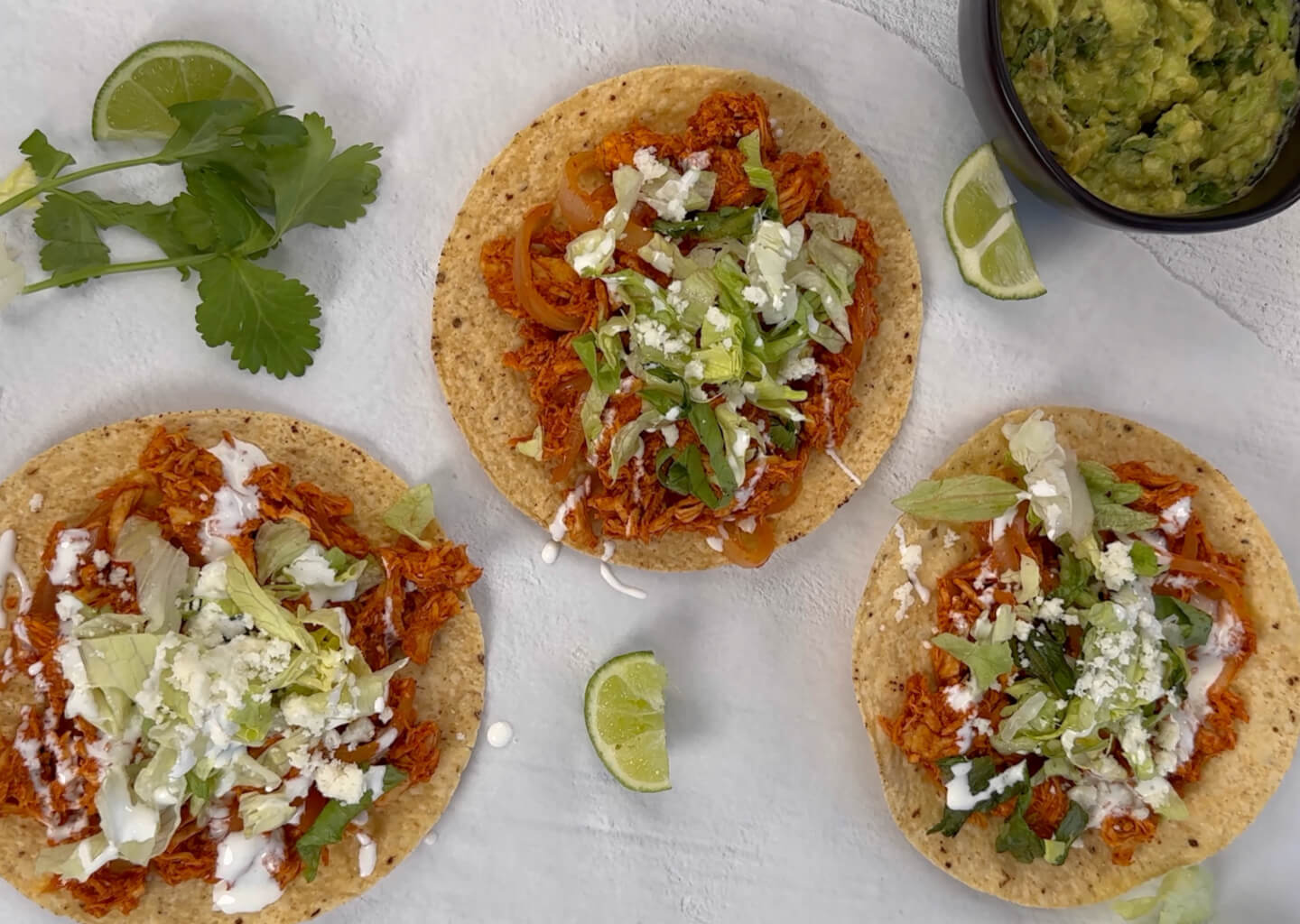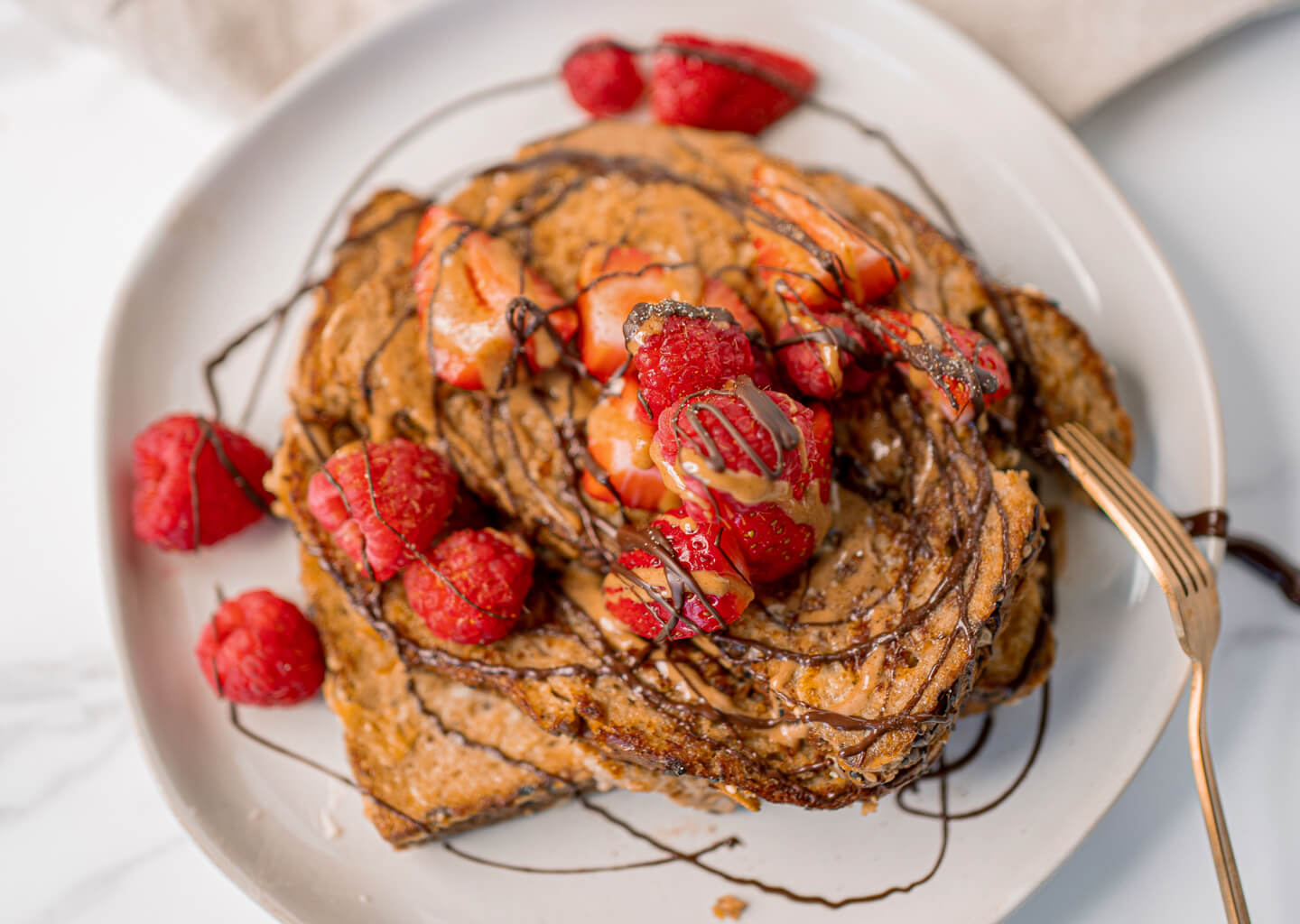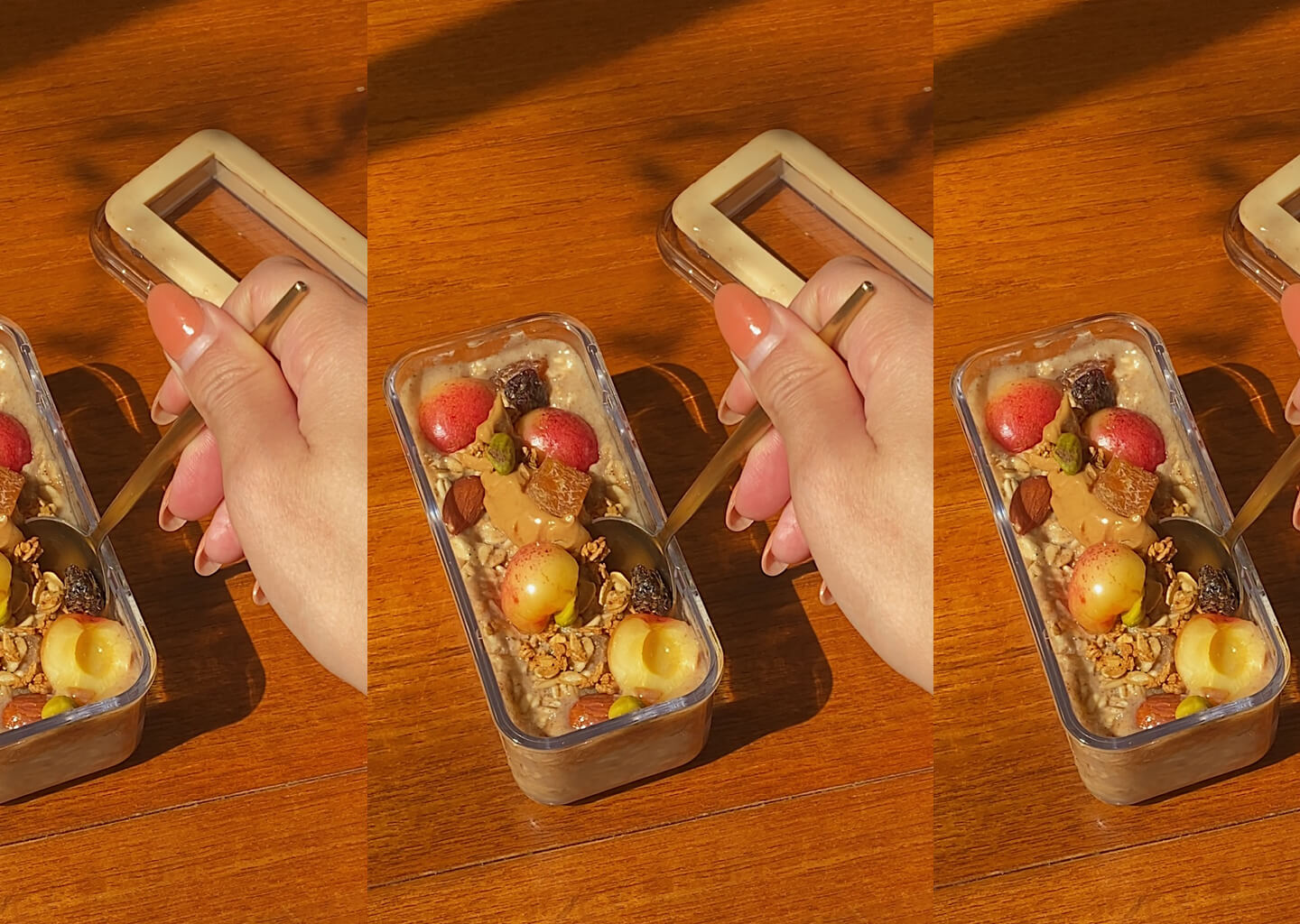To celebrate International Women’s Day, we’re highlighting eight amazing women who have pioneered food justice, eco-feminism, and sustainable agriculture.
--
1. Buwei Yang Chao
The woman responsible for bringing potstickers and stir-fry to America

Buwei came to the U.S. as a physician in the 1920s, but pursued her love of Chinese cuisine on the side, recreating native dishes with what was available to her. In 1945, with the help of her family, she published “How to cook and Eat in Chinese,” in which they coined the terms “potstickers” and “stir-fry” for American audiences. Today, she is largely forgotten.
2. Fannie Lou Hamer
Civil Rights icon & early pioneer of the Food Justice Movement

Hamer established the Freedom Farm Cooperative in 1969, with the goal to provide a source of food and employment for black communities in the Mississippi Delta. She later launched ‘The Pig Project’, which uplifted communities of color by gifting food insecure families a piglet as a source of both income and food.
3. Wangari Maathai
Intersectional environmentalist & founder of the Greenbelt Movement

Maathai was the first woman from East/Central Africa to earn a doctorate degree after studying biology in the U.S. She has since trained over 30,000 women in sustainable practices and planted more than 51 million trees through the Greenbelt Movement - work for which she won a Nobel Peace Prize in 2004.
4. Geum-Soon Yoon
Farmer & founder of Korean Women Peasant Association (KWPA)

Born into a farming family, Yoon began organizing and educating young farmers in the early 80s. She founded KWPA, an organization to empower female farmers and support their children. She was instrumental in the success of the first reunification conference between North and South Korean farmers.
5. Dr. Vandana Shiva
Food sovereignty advocate & eco-activist

Since the 70s, Shiva has been working tirelessly to defend farmers’ rights, biodiversity conservation, and seed sovereignty in India and beyond. Through her non-profit Navdanya, she has helped set up 122 community seed banks across India, trained over 900,000 farmers in sustainable agriculture practices, and received several international awards.
6. Isatou Ceesay
The “Queen of Recycling” behind Women’s Initiative Gambia

Motivated by the build up of plastic waste in her neighborhood, Ceesay taught thousands of Gambian women how to upcycle plastic bags into purses they could sell for income. Now called the Women’s Initiative Gambia, Ceesay has educated over 11,000 people about upcycling waste and was instrumental in the Gambian government's ban on plastic bags in 2015.
7. Cristeta Comerford
The first WOC to be appointed White House Executive Chef

Born in the Philippines, Comerford studied food technology before coming to the U.S, where she joined the White House kitchens in 1995. In 2005 she became the executive chef, making her the first woman of color to hold the position.
8. Pashon Murray
The compost queen revitalizing Detroit

Murray founded Detroit Dirt in 2012, an association that turns waste from companies like General Motors, Blue Cross Shield, and local breweries into compost for local agriculture projects. She later launched the association's foundation arm, which focuses on science education, soil research, and building community networks.
---
As a small female founded company, we are particularly thankful for all the women pictured, and all those whose efforts history has not recorded.
Words by Emilie Swan

